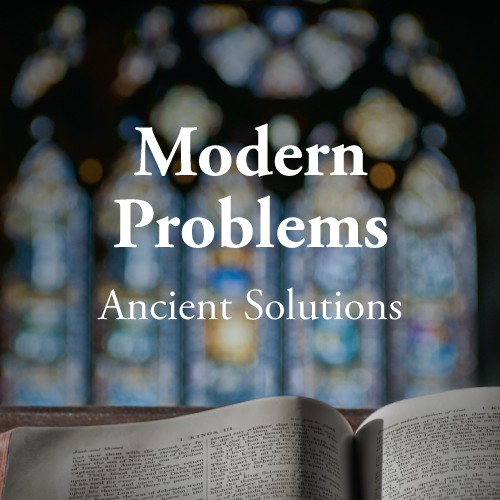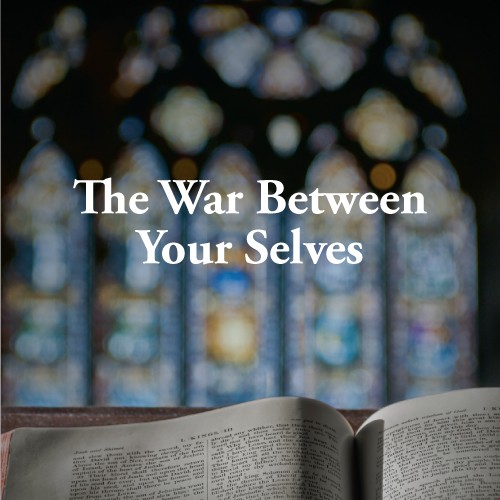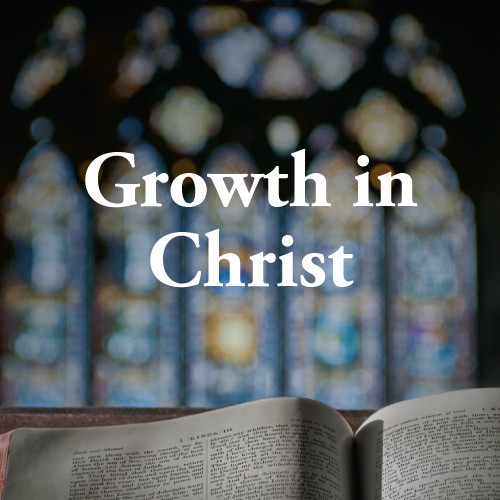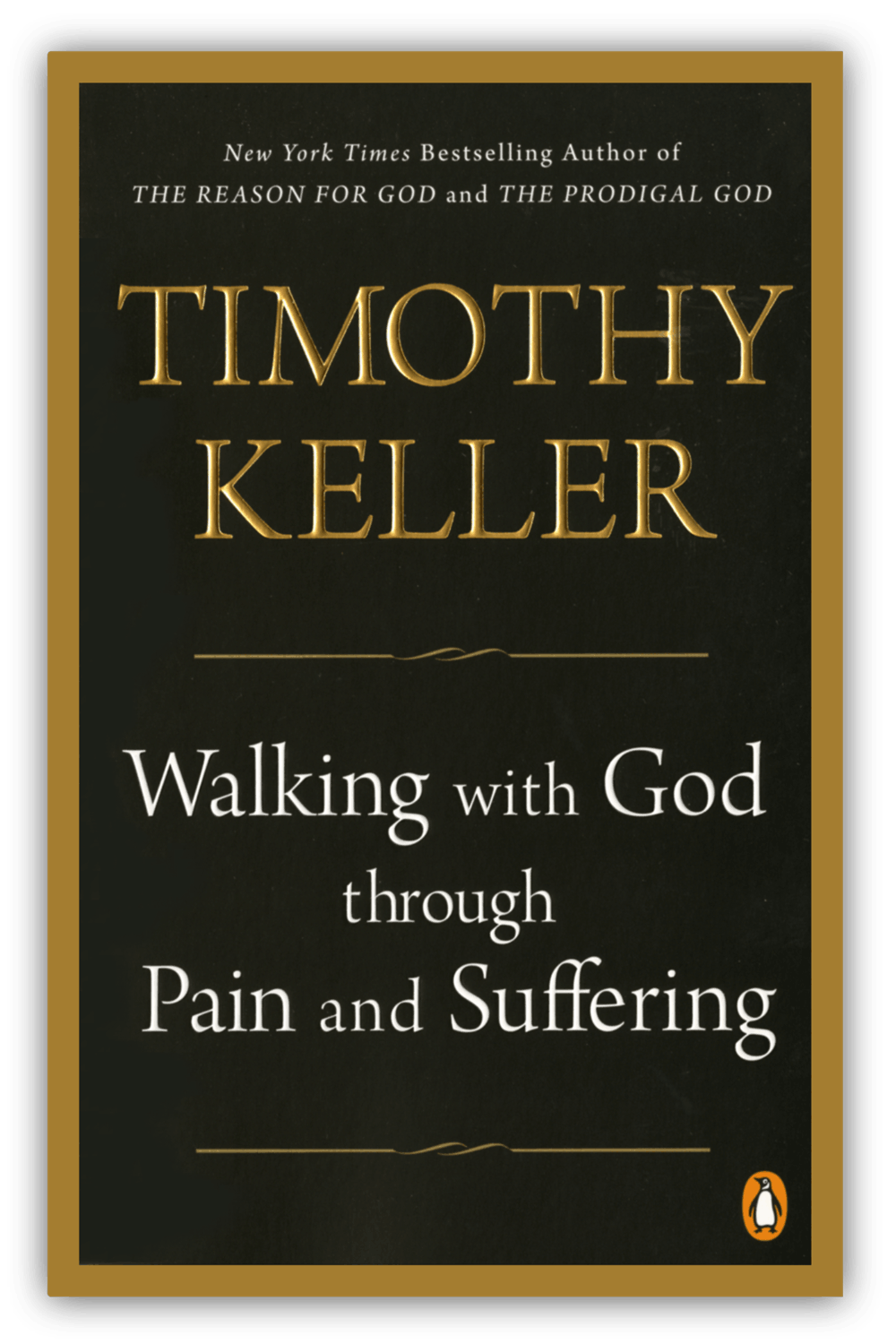
The Problem of Guilt
Tim Keller | October 31, 1993
Overview
Guilt is a lot like an iceberg. You don’t see much above the surface, but if you really look, you’ll see it’s under everything. So how do you deal with a guilty conscience?
In Psalm 51, David has been plunged—through the shock of recognizing the magnitude of evil he’s done—into the depths. Imagine the guilt, the shame, the horror, the self-hatred. He’s plunged into an emotional and spiritual dungeon. And yet this psalm is a record of his rescue. There’s no good human explanation for how he got out. But he got out.
Here’s how he did it: he made two critical distinctions. He learned 1) the distinction between remorse and real repentance, and 2) the distinction between a reprieve and regeneration.
Related
This Month's Featured Book
Putting Our Hope in the One True God
In his book, Walking with God through Pain and Suffering, Tim Keller looks at the problem of pain and suffering through a biblical lens as he works through the challenge of one of life’s most difficult questions: Why does God allow so much pain and suffering?



